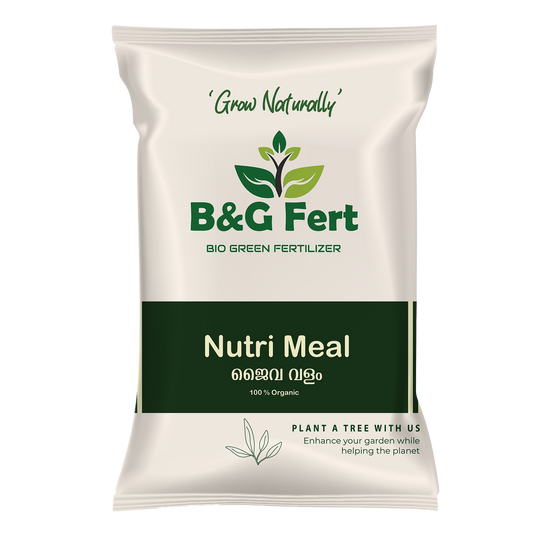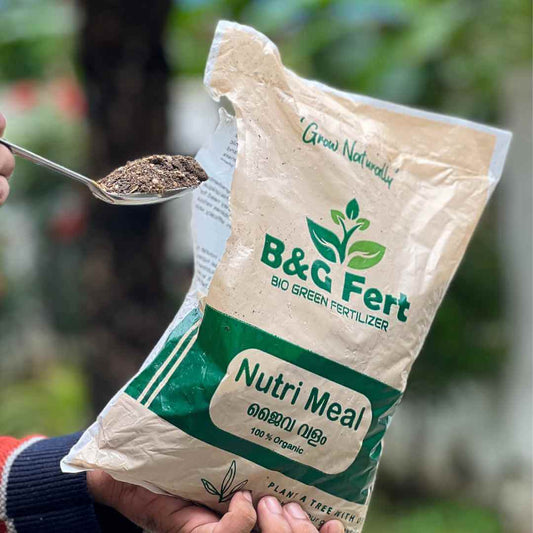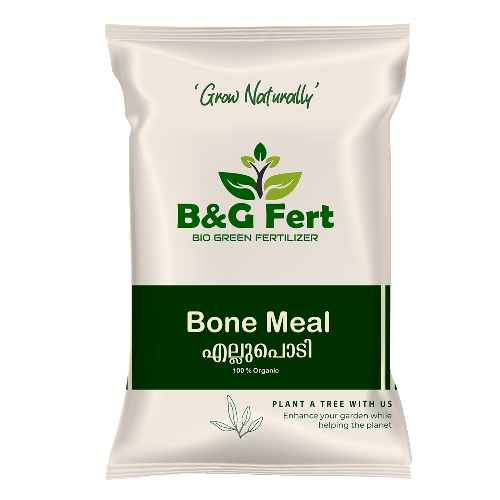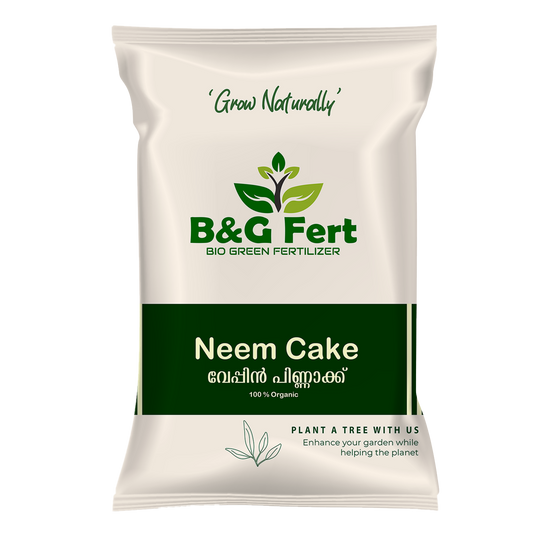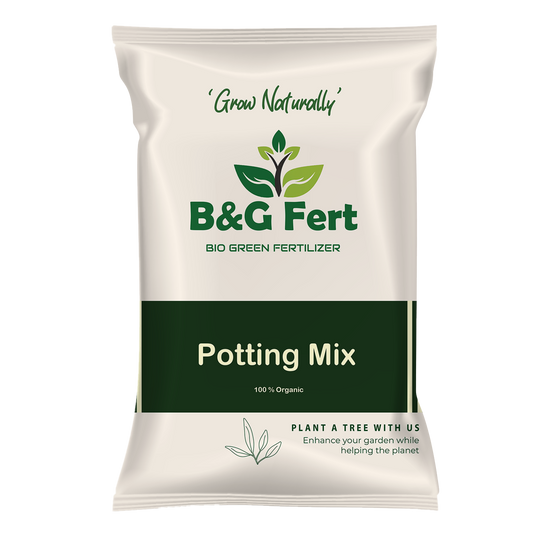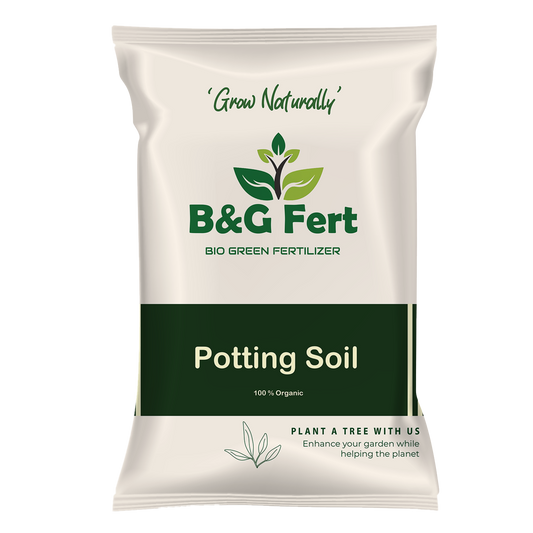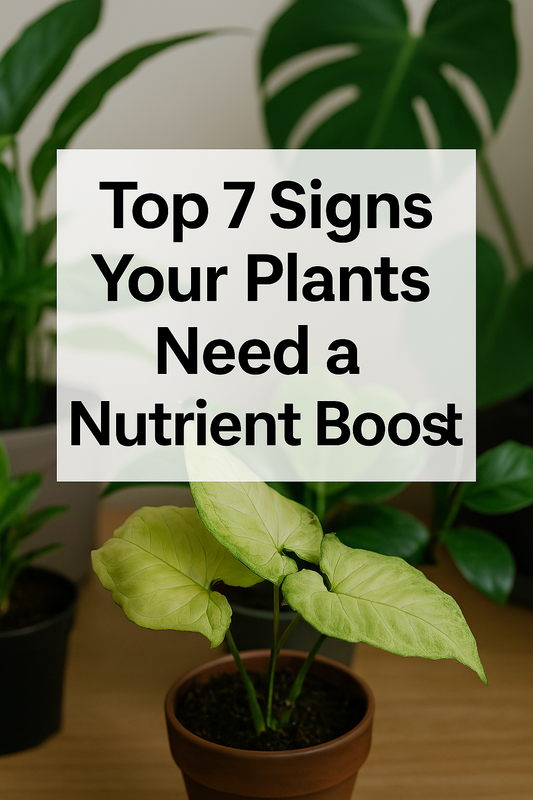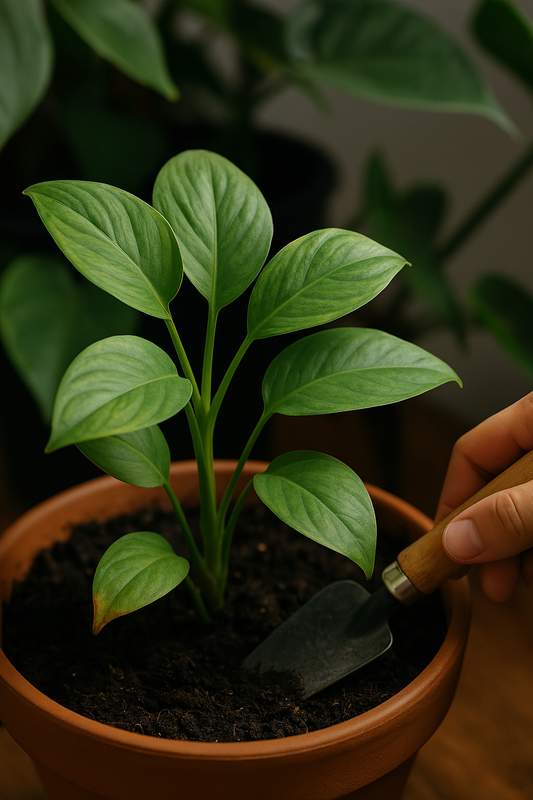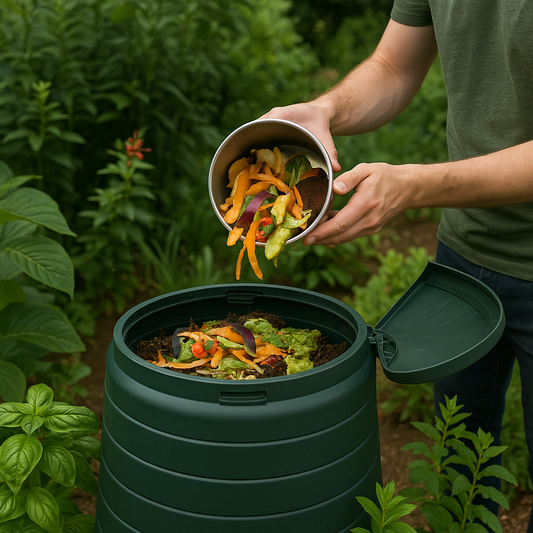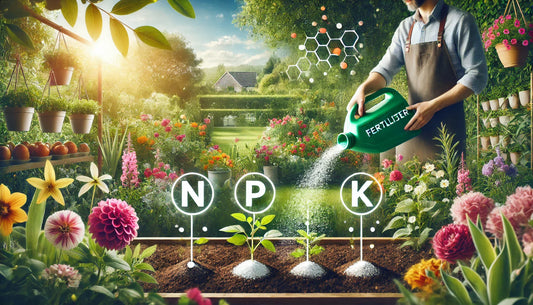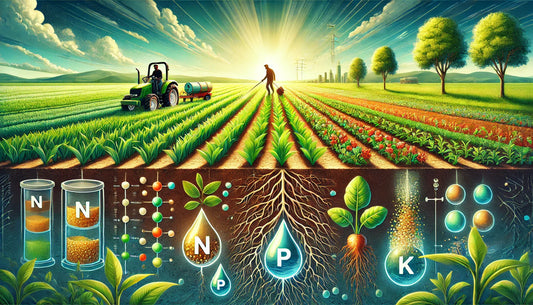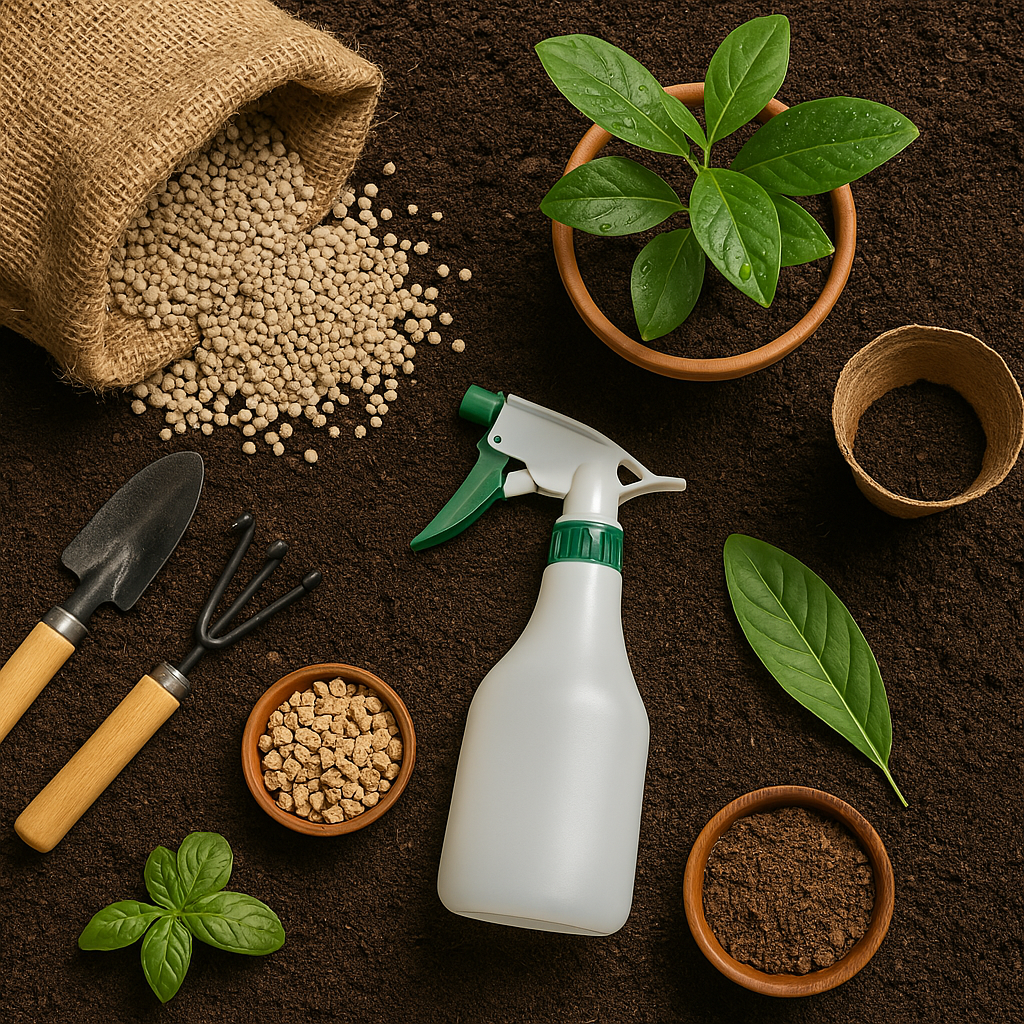
The Ultimate Guide to Eco-Friendly Fertilizers
Introduction
Fertilizers play a vital role in supporting plant growth, but not all fertilizers are created equal. While chemical options might offer quick results, they can harm the environment and degrade soil quality over time. Eco-friendly fertilizers offer a safe and sustainable alternative, feeding your plants while protecting the planet.
Understanding Eco-Friendly Fertilizers
Eco-friendly or organic fertilizers are derived from natural sources such as plants, animals, or minerals. They release nutrients slowly and improve soil health over time, making them ideal for long-term gardening success.
Popular Types of Eco-Friendly Fertilizers
Compost is one of the most accessible and effective organic fertilizers. It adds vital nutrients and improves soil structure. Vermicompost, which involves worms breaking down organic material, is especially nutrient-rich and beneficial for flowering plants and vegetables. Bone meal and fish emulsion provide essential phosphorus and nitrogen, enhancing root and leaf development. Seaweed extract is another natural booster that promotes growth and helps plants resist disease.
Benefits Over Chemical Fertilizers
Natural fertilizers are biodegradable and non-toxic, making them safe for children, pets, and pollinators. They do not cause nutrient runoff, which often pollutes waterways. Over time, they restore soil fertility and encourage the growth of beneficial microorganisms, leading to healthier and more resilient plants.
Application Tips
Always follow the recommended dosage on organic fertilizer labels. Apply them during the growing season for maximum benefit. Mixing compost or vermicompost into your soil before planting creates a strong foundation for plant development.
Conclusion
Switching to eco-friendly fertilizers is more than a gardening choice—it’s a commitment to sustainability. With long-term benefits for both your plants and the environment, they are a smart investment for anyone who wants to garden the right way.
